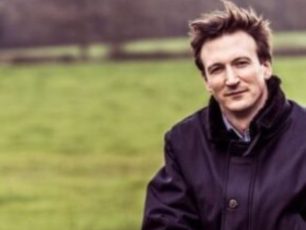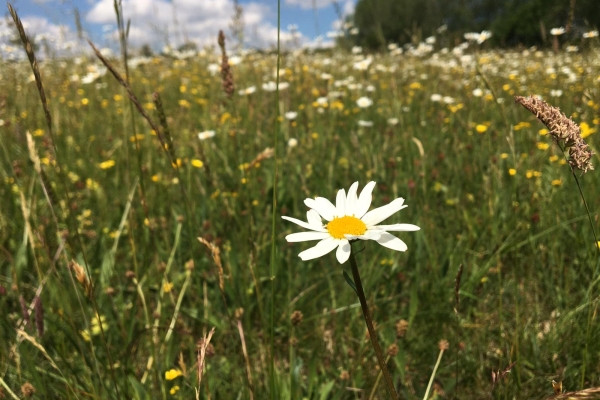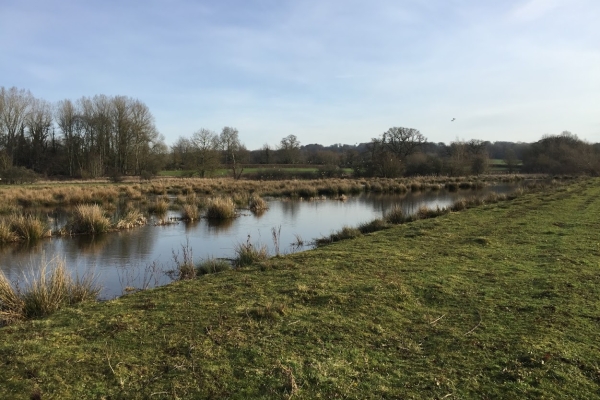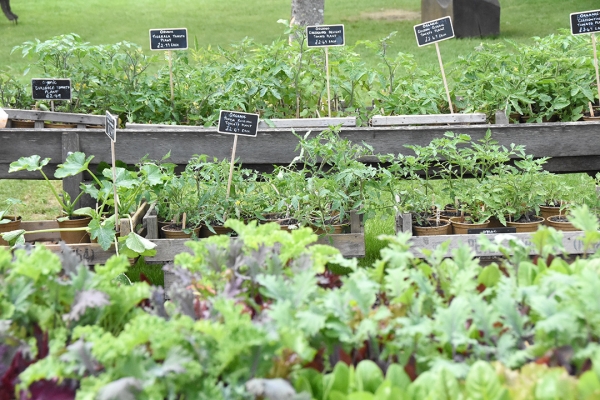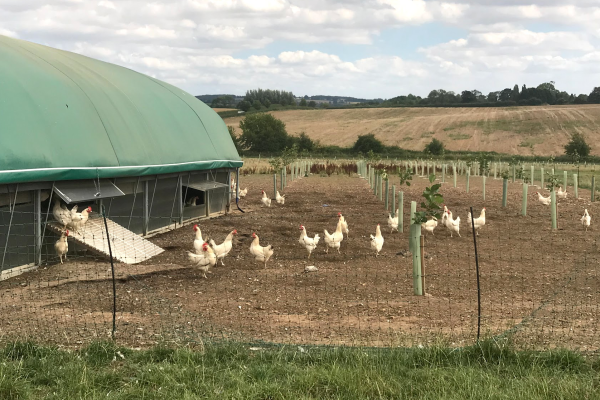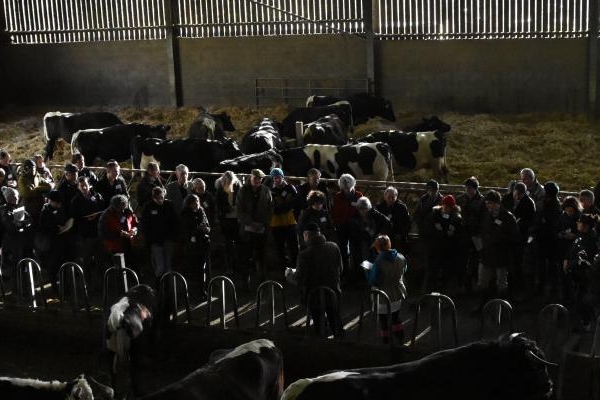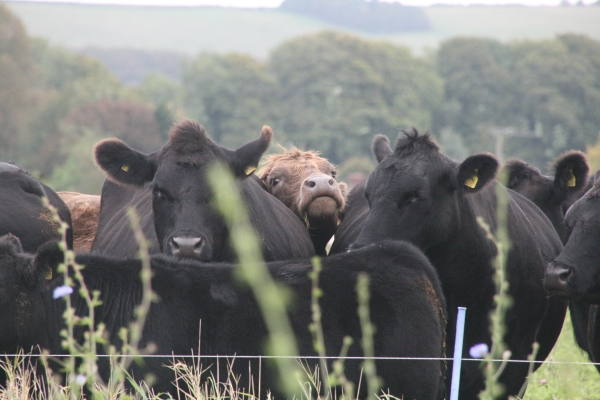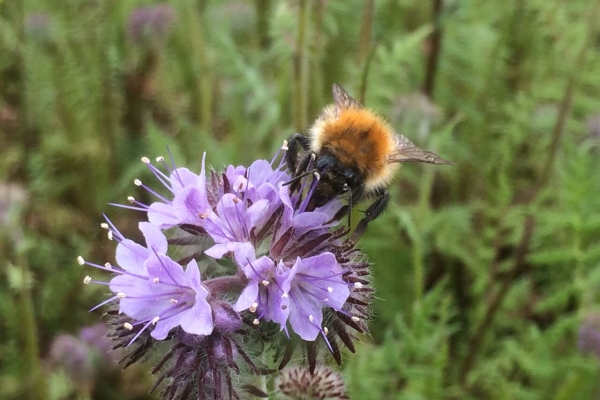A natural perspective to beekeeping
Tim Field explains what Daylesford Farm is doing to help bees.
- At the end of May/beginning of June the bees start to swarm, and at Daylesford they are allowed to do this naturally; the queens do not have their wings clipped.
- The bees are kept as naturally as possible to try and obtain a population that is suited to the land.
- At Daylesford, they have chosen to use WBC beehives, which provide good insulation for the bees to keep them warm over the winter months.
- Managing the environment around the bees is important. At Daylesford, wildflower meadows, sainfoin crops, hedgerows and woodland all act as fantastic sources of forage throughout the year; from snow drops at the start of the season to ivy at the end.
- Tim follows direction from Bees for Development and use their resources when in need of information/advice about beekeeping.
Tim Field is Environmental Surveyor at Daylesford and is a member of the Agricology Executive Board.
Editor’s Note
As Tim mentions, you can find some of the Bees for Development resources on Agricology, have a look at:
- Beekeeping and sustainability
- The importance of bees and other insect pollinators
- Land management to support bees and other insect pollinators
- Plants that are valuable for bees and other insect pollinators
- Also see Dr Nicola Bradbear’s recent blog ‘Hedgerows need to flower‘ which provides some invaluable guidance on best practice hedgerow management.
The information contained above reflects the views of the author/s and does not necessarily reflect that of Agricology and its partners.
Related articles
Tim Field speaks to author of the National Food Strategy Henry Dimbleby MBE as part of Daylesford Organic's ‘Future of Food’ series.
Tim Field explains how to establish and manage a wildflower meadow to support a multitude of native species from butterflies to migrating birds.
Tim Field talks about how the wetland at Daylesford has been transformed over the last 13 years into a flood meadow that has become a...
Tim Field speaks to Colin Tudge and Ruth West, co-founders of The Campaign for Real Farming and organisers of the annual Oxford Real Farming Conference.
Tim Field provides an update vlog discussing the impacts of planting of 800 trees into an area with existing chicken ranges at Daylesford Organic Farm.
In this short vlog Tim Field discusses using a Woodland Trust grant to plant 800 trees on a field which currently comprises of established chicken...
Tim Field reports on the 2018 Agricology Field Day at Daylesford Farm, an event designed to catalyse a dialogue of sustainability across all disciplines of...
In this video blog Tim Fields sends a mob of beef cattle down to graze the 'Wilderness Wetland' at Daylesford.
Tim Field discusses how farming practices influence pollinator successes and struggles, with a focus on recent pesticide research.


